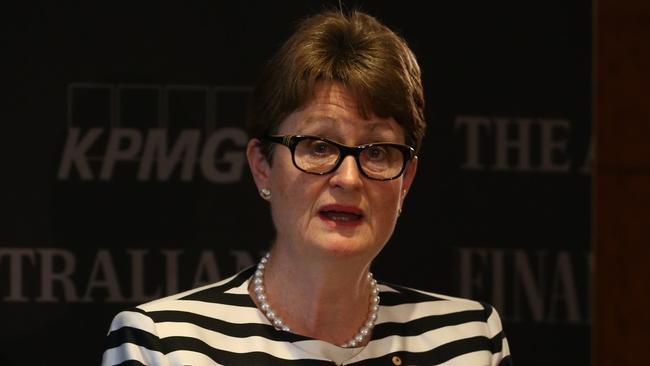Call to overhaul super to make it work as it should
Business, union and community leaders have called for an “independent and holistic” review of the super system.

Business, union and community leaders have called for an “independent and holistic” review of the superannuation system, which takes into account its cost and its shortcomings for women and low-paid workers.
Participants in yesterday’s National Reform Summit agreed there needed to be bipartisan support for a clear set of objectives for Australia’s retirement income system, “to guide future policy development and ensure coherence of the whole system is achieved and maintained”.
The review should “develop a package of reforms” which would find an appropriate balance on delivering adequate retirement incomes for all Australians which was also fiscally sustainable.
The president of the Business Council of Australia, Catherine Livingstone, said the current compulsory super system was “clearly straining under its design parameters”. She said governments needed to be very clear about the objective of the super system.
Major policies such as the super system needed to reviewed “every five or 10 years to ensure it was meeting its objectives”.
Ms Livingstone, who is also the chairwoman of Telstra, said there was a concern that Australia’s retirement income system was “facing significant challenges”.
“It’s a system with interdependencies and we have to approach it with caution when we start suggesting individual measures.”
Australia needed to re-examine the concept of retirement, originally framed as representing the last few years of life. But now people were living a lot longer and could imagine a life moving between work and leisure.
Former Treasury secretary Martin Parkinson argued that the current super system gave too-generous tax concessions to high-income earners. David Whiteley, the chief executive of Industry Super Australia, said there was “by and large agreement that there does need to be some change and some degree of reform on the taxation of superannuation”.
He said there were 3.5 million low-income workers paying the same amount of tax on their super as they were paying on their wages. But the top 1 per cent of income earners got significant incentives to save through super.
Mr Whitely said the constant changes had been “one of the causes of a lack of confidence in the superannuation system”. But the public would understand if there was a review of the system which provided more incentives for lower-income workers to save.
John Brogden, the chief executive of the Australian Institute of Company Directors, said the system “has its flaws but we are better to have it than not have it”. But there needed to be a consideration of further increasing the pension age, from the proposed rise from 65 to 67, as people lived longer.
Mr Brogden said there should also be an increase in the age at which people could access their super, so people didn’t access their super at 60, spend it, then go on the pension at 65.
Michael O’Neill, the chief executive of National Seniors Australia, said the retirement incomes policy should ensure older Australians “can age with dignity”. “It is about financial, social and health issues. It also involves certainty, which is not helped by piecemeal changes.” Both the pension and super systems had to be involved, and it also needed to encourage “maximum self-reliance”.



